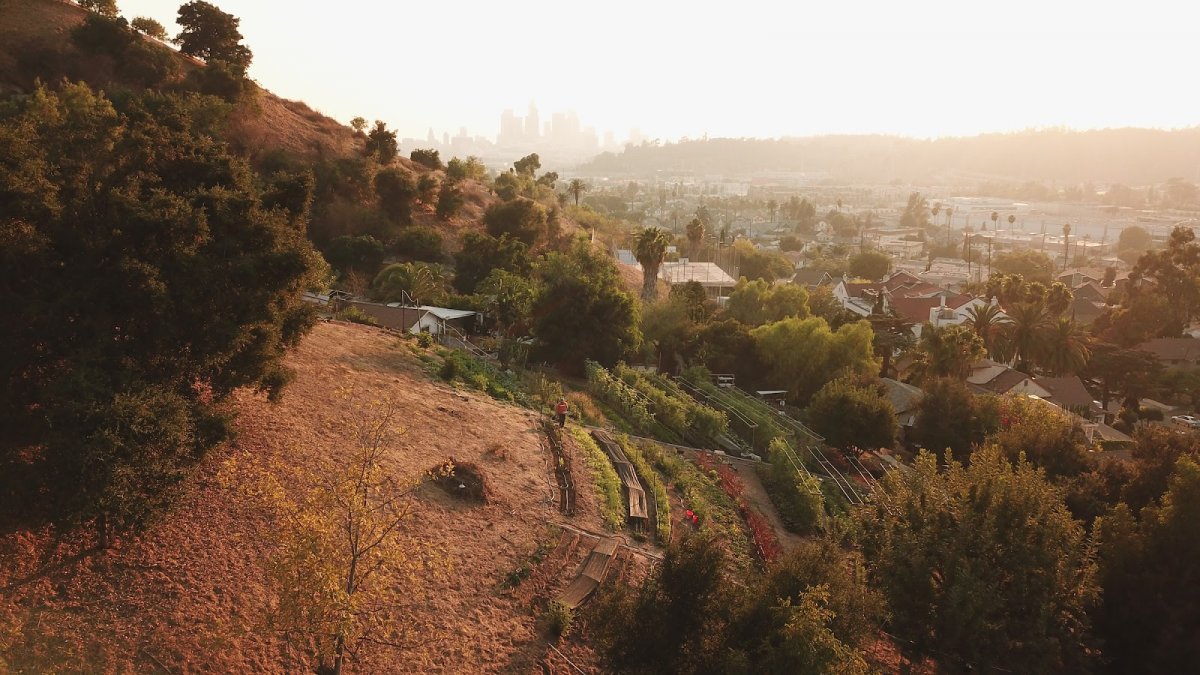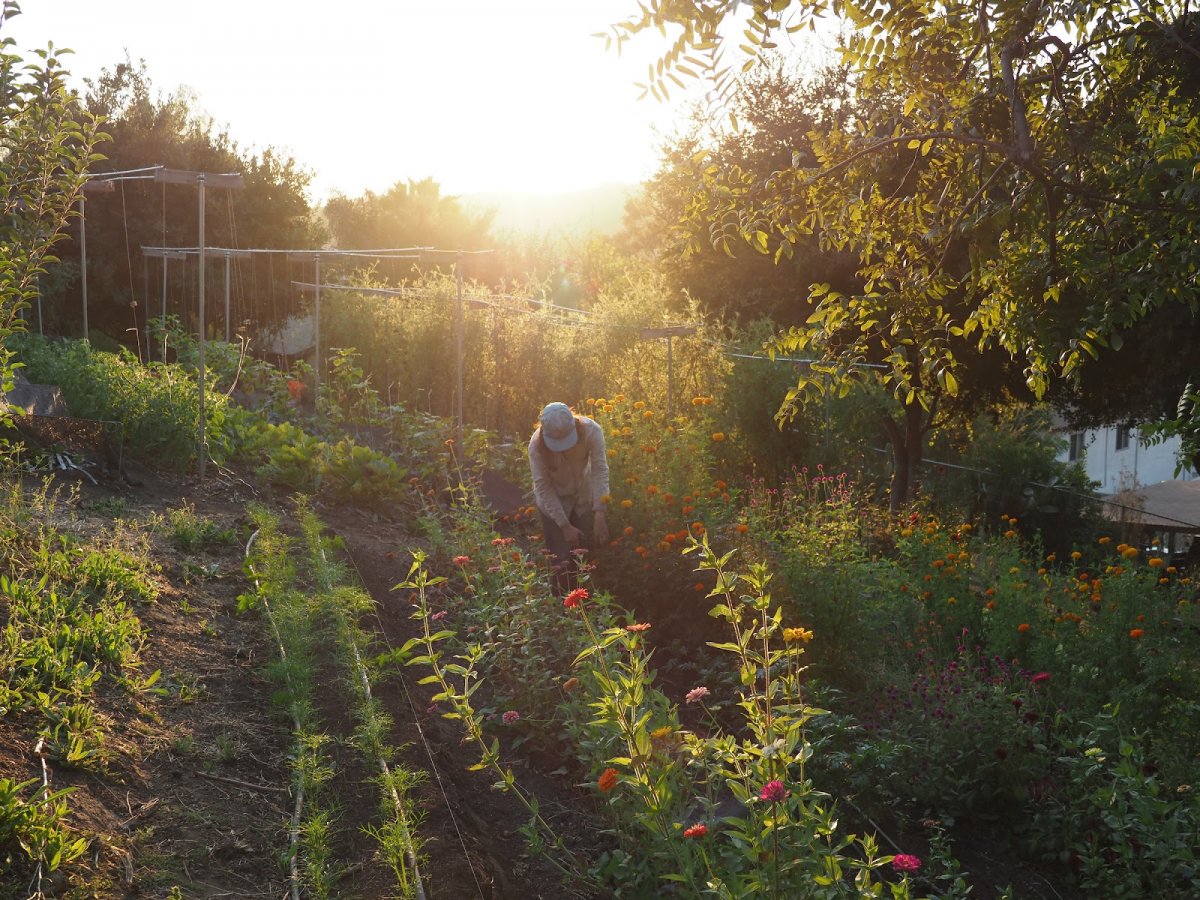Soil to Table—Introducing Avenue 33 Farm
Have you ever thought that soil could be the key to a sustainable future?

Photogrpah by Robyn Beck, all rights reserved

Photograph by Robyn Beck, all rights reserved

Photograph by Robyn Beck, all rights reserved
Felicity Crossland is a recent UCLA Communication Studies graduate and passionate environmentalist. She volunteers as a communication specialist with the Sierra Club Angeles Chapter.



Add new comment